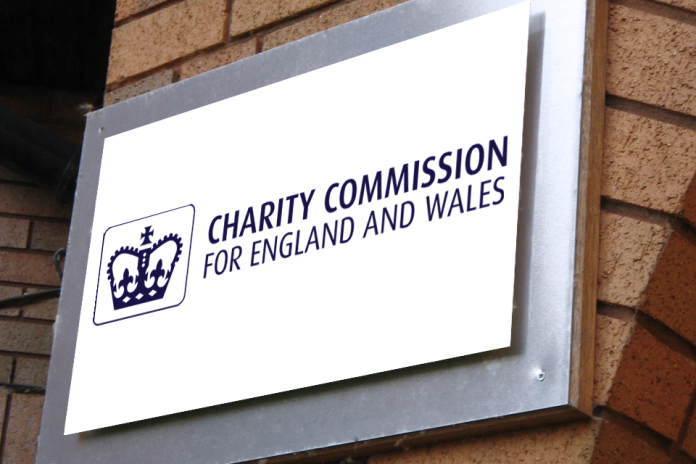The Charity Commission has criticised a grant-giving charity over failures to manage conflicts of interest. Combined Funds Limited, which was set up to relieve poverty and advance religion in accordance with the Jewish Orthodox faith, has been sanctioned with an Official Warning by the regulator.
The Commission launched its statutory inquiry into the charity in March 2018, following serious concerns surrounding unmanaged conflicts of interest and unauthorised trustee personal benefit, as well as loans from the charity to its trading subsidiaries.
Investigators found that the charity had made a grant to cover £250k of private medical care of a person connected to the original trustees. The trustees’ connection to each other and the beneficiary meant they were unable to appropriately manage this conflict of interest. Trustees told the inquiry that there were no formal systems in place for assessing applications for grants. Applicants would make requests either by phone, letter or in person, or they would be identified from the trustees’ knowledge of the community. The charity did not keep a record of requests, or its decision-making process.
The inquiry also found that the charity gave loans of over £1m in total to four subsidiary companies, of which a trustee was the sole Director. The original trustees’ connection to each other meant they were not able to make unconflicted decisions in relation to the charity’s subsidiaries.
There were also serious failures in the administration of the charity – the original trustees failed to register it, despite being legally required to do so. They also failed to properly prepare and ensure independent scrutiny of the charity’s accounts.
During the inquiry, investigators took protective action to restrict access to the charity’s bank account.
The inquiry concluded that there had been misconduct and/or mismanagement in the administration of the charity. As a result, the Commission issued the remaining original trustees with an Official Warning.
Since its intervention, the regulator has seen positive steps towards improvement. Two independent trustees have been appointed to the charity’s board, and the trustees have formalised written investments, grant making and conflicts of interest policies. They have also confirmed that the loans have all now been repaid to the charity. The inquiry did not see any evidence of a misappropriation of funds or of any loss to the charity.
An Action Plan has been issued to the current trustees, to ensure they continue complying with their trustee duties. The charity remains under statutory supervision and the regulator will continue to monitor the trustees’ progress.
Amy Spiller, Head of Investigations at the Charity Commission, said:
Our inquiry uncovered a number of poor governance arrangements that were not serving this charity well. This case serves as a reminder that good governance is not a bureaucratic detail – it underpins the delivery of a charity’s purposes to the high standards expected by the public and for those it was set up to help. While this charity receives its funding from a trustee and the trading subsidiaries they control, charity law expects all charities’ governance to meet high standards, regardless of their income source, given the special status charities enjoy in the public mind and the privileges that charitable status brings.
Our intervention has ensured marked improvements at this charity and I expect to see continued progress in line with the Action Plan we have set.
Read the full report of the inquiry into Combined Funds Limited.
Ends.
Notes to editors:
- View the charity’s entry on the register of charities.
- The Commission has a duty to maintain an accurate register of charities. Where it has an annual income of over £5,000 the duty to register a charity rests with the trustees of the charity. Failure to register a charity where there is a legal obligation to do so does not exclude the charity from the Commission’s jurisdiction.
- The Charity Commission is the independent, non-ministerial government department that registers and regulates charities in England and Wales. Its purpose is to ensure charity can thrive and inspire trust so that people can improve lives and strengthen society.







